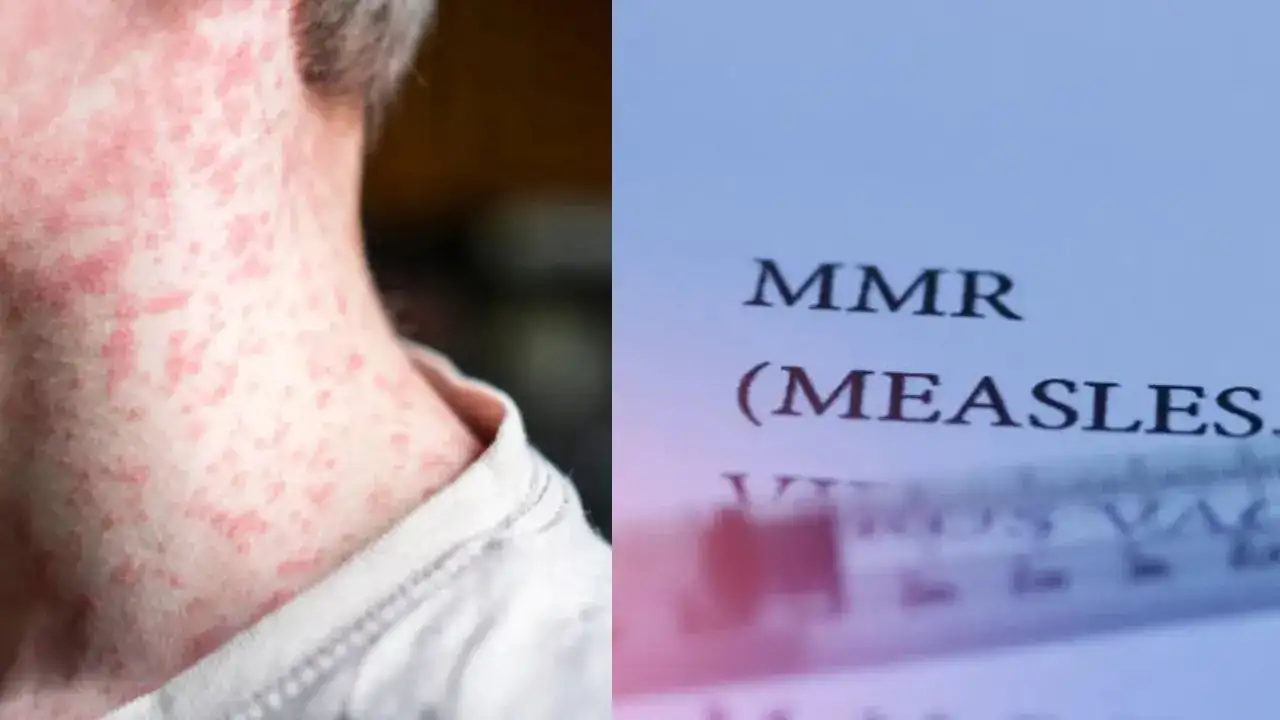
Across the US, more than 600 cases have been reported, with confirmed infections in around 21 states
Even as cases of measles continue to rise across the United States, there is a lot of misinformation about the highly contagious, life-threatening infection that heightens your risk. Nationwide, more than 600 cases have been reported, with confirmed infections in around 21 states. According to the Centres for Disease Control and Prevention, a majority of those infected have been from Texas, including two deaths.
Here are a few common myths about measles that people do not know.
Myth 1
Measles is not serious
Fact
Measles is highly contagious and can lead to severe infections in your lungs and brain. It causes cognitive issues and even death. While symptoms may improve for many people, those who are not vaccinated can suffer a lot. According to experts, unvaccinated people have a high chance of being hospitalised and can develop brain swelling that causes permanent damage.
According to the CDC data, three of every 1,000 children infected with measles will die.
Since the virus gets transmitted by contact with infectious droplets or by breathing the air an infected person breathed, coughed, or sneezed in—it remains in the air for up to two hours—thereby increasing your chances of infection.
Myth 2
Measles vaccine is not that effective
Fact
According to experts, the measles-mumps-rubella, or MMR, vaccine is completely safe and highly effective against the infection. Made after decades of research and analysis, this combination formula is said to have single-dose protection of over 93 per cent against measles. Two doses are 97 per cent effective, according to the CDC.
In the Texas outbreak, children have been primarily affected, as nearly all of them were unvaccinated. It was confirmed that the first patient who died was an unvaccinated school-aged child and the second was an unvaccinated 8-year-old girl—neither with any underlying health conditions before they got sick.
Myth 3
Only children can get measles
Fact
While adults have a significantly lower risk of contracting measles, in some cases they should still be vaccinated. First off, most adults born before 1957 are considered immune due to having had or been exposed to measles. But if you were born between 1957 and 1989 and have not had measles or received two doses of the vaccine, you should get vaccinated.
In this case, especially if you are in an area where there are measles cases or are travelling to high-risk areas, you should get a second dose of the MMR. The risk of complications from measles is higher in adults, so older adults who feel they may be at risk should consult their physician.
Myth 4
The MMR vaccine can lead to autism
Fact
There have been various scientific studies conducted over the years to find out that this claim is not true. This is mostly due to a paper published in The Lancet medical journal in the 1990s that was later retracted after its data was found to be false and manipulated.
Autism Speaks, an autism awareness organization, also makes clear that autism and vaccines are not linked.
Myth 5
Vitamin A can prevent and cure measles
Fact
It is widely believed that vitamin A plays a major role in the prevention and treatment of measles—a claim scientists say is completely false and misleading.
A few studies say vitamin A reduces the severity of measles and the risk of death from the virus — but these studies were among highly malnourished populations in low-income countries. Research shows vitamin A supplements are not a substitute for measles vaccination for anyone.
Get Latest News Live on Times Now along with Breaking News and Top Headlines from Health and around the world.
